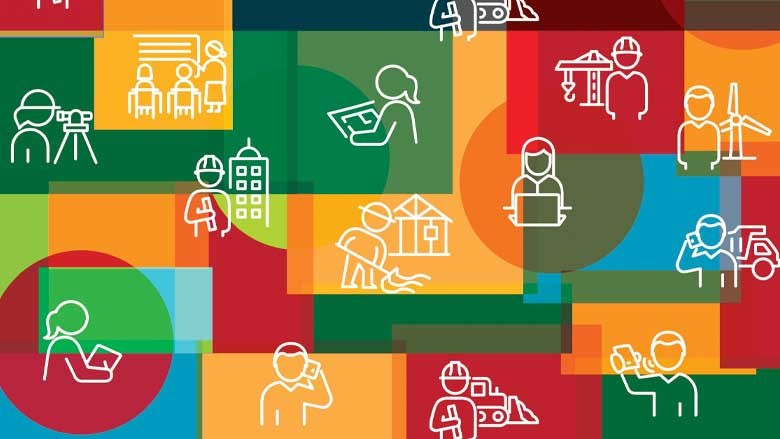232NEWS, FREETOWN
CONTACTS: Rose-Claire Pakabomba
Delivering Growth to People through Better Jobs
Economic growth in Sub-Saharan Africa is set to decelerate from 3.6% in 2022 to 2.5% in 2023 due to rising instability, weak growth in the region’s largest economies, climate shocks, and lingering uncertainty in the global economy.
Africa’s Pulse is a bi-annual publication of the Office of the Chief Economist in the World Bank Africa Region. It analyzes the short term economic prospects for the continent and current development challenges, as well as a special development topic.
The October 2023 edition of Africa’s Pulse shows that even with receding inflation, the rising instability, weak growth in the region’s largest economies, climate shocks, and lingering uncertainty in the global economy are causing deceleration of growth − from 3.6% in 2022 to 2.5% in 2023.
Overall, growth in the region has been inadequate to reduce extreme poverty, boost shared prosperity, and create jobs. Current growth patterns generate only 3 million formal jobs annually, thus leaving many young people underemployed and engaged in casual, piecemeal, and unstable work that does not make full use of their skills. Creating job opportunities for the youth will drive inclusive growth and turn the continent’s demographic wealth into an economic dividend.
Highlights from this issue:
The continued slump of the region’s large economies is dragging down Sub-Saharan Africa’s economic performance, and there have been increased incidences of attempts to destabilize governments by unconstitutional or violent means in recent years. This increased conflict and violence in the region weigh on economic activity, and this rising fragility may be exacerbated by climatic shocks. More than half of the countries in Sub-Saharan Africa (28 of 48) have been downgraded in their 2023 growth estimates.
Inflation has been receding, but it is still above central bank targets in most countries in the region. It is expected to decline from 9.3% in 2022 to 7.3% in 2023. Yet, 18 countries in the region have average annual inflation rates of two digits or more in 2023. Inflationary pressures are dominated by higher food and fuel prices and weakened domestic currencies – thus, eroding household income and weighing on private consumption.
Debt overhang continues to weigh heavily on Sub-Saharan African economies. Debt distress remains widespread, with 21 countries at high risk of external debt distress or in debt distress as of June 2023.
Sub-Saharan Africa’s growth has delivered poor job creation and slow poverty reduction. The region faces the challenge of creating better jobs for more people. This will require an ecosystem that facilitates firm entry, stability, and growth as well as skill development that matches business demand.
The urban employment share of the working-age population has remained roughly 22-23% over the past two decades. Much of the population in the region remains rural and employed in agriculture, which is strongly associated with poverty.
Lack of firm growth holds back the creation of good quality jobs, as 96% of firms have fewer than five employees. Policies that disproportionately affect larger firms—through taxes, regulations, or uneven enforcement—inhibit workforce expansion and lead to misallocation of resources. Even with strong improvements in labor demand, the region will need to provide a path to employment for the most vulnerable to meet the job growth required by the demographic transition.
To a large extent, the gender wage gap reflects employment segregation, representing a loss of potential productivity from the misallocation of female labor. Similarly, poverty can lead to self-reinforcing cycles of joblessness and poor productivity through worse education, health, and productivity-enhancing inputs. In fragile and conflict-affected countries, internally displaced populations, refugees, and migrants are especially vulnerable and many have difficulty accessing local opportunities and resources.
Policy responses to challenges include:
Supporting demand-driven skills and promoting organizational transformation of work.
Ensuring political stability and strengthening institutions to support the market economy.
Achieving inclusive growth through fiscal stabilization and debt reduction.

